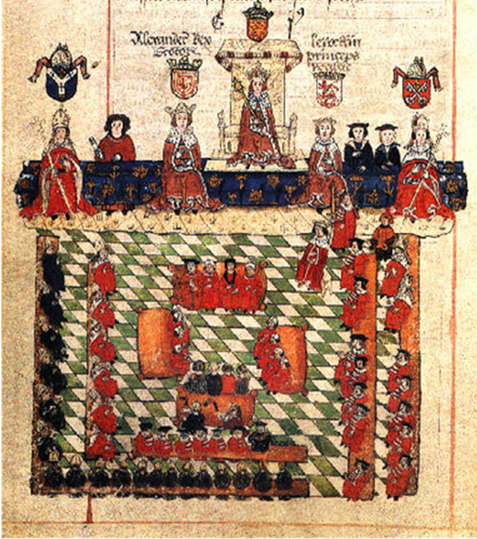Most people watching the Church of England vote against women Bishops would be hard pushed to care. Church membership is declining as an increasingly secular society finds meaning in other places. But, you would be unwise to dismiss the vote too quickly.
The Church of England is awarded 26 seats in the House of Lords. 26 people can take those seats and vote on policy that affects your daily lives. After the vote on the 20th of November those seats can only be filled by men.
I’ll say that again. In 2012, the UK has a system where seats in Parliament are reserved for men only. Imagine the outrage, both nationally and internationally if these were seats reserved for whites only? What is not OK when it comes to race is not OK when it comes to gender.
That is why a petition was set up to ask the Government to remove the automatic right of the Church of England to seats in the House of Lords. The Church can vote any way it pleases, that is its democratic right but it must accept the impact this has on its ability to legislate for the rest of the United Kingdom. Current Equality legislation must be extended to the Bishops in the House of Lords.
“We call on the Govt to remove the right of the Church of England to have automatic seats in the House of Lords, in line with its commitments to equality and non-discrimination, set out in the Equality Act (2010) and the Convention on the Elimination of all forms of Discrimination Against Women (1979).”
Please help now with these three small actions:
2) Use this automatic system to email your MP in a couple of easy clicks
3) Share this page with a Tweet, Like, etc… using the buttons below

